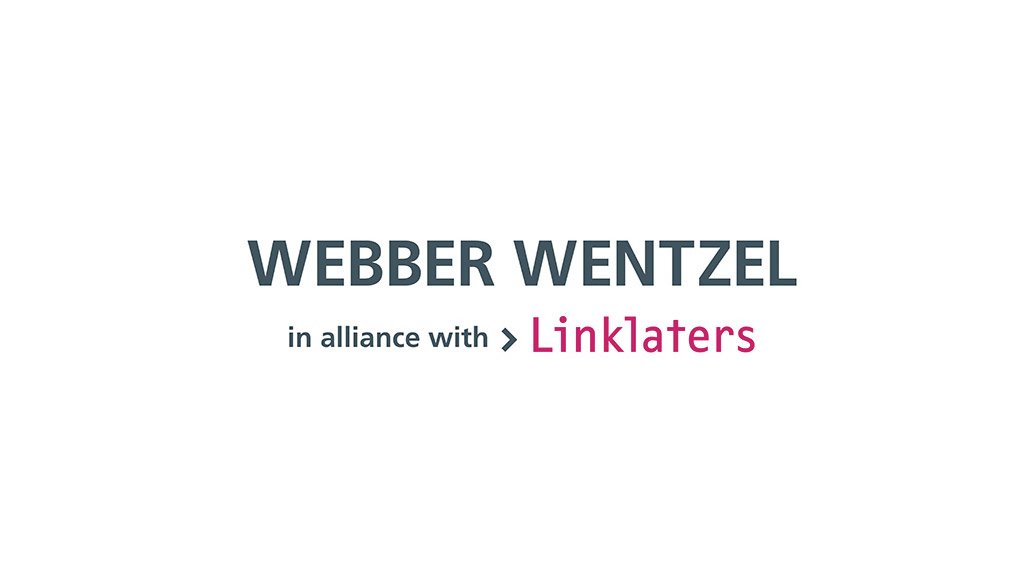In an article about investing-in-the-lobito-corridor-international-arbitration-as-a-key-dispute-resolution-mechanism, we highlighted the importance of international arbitration as a dispute resolution mechanism for disputes which may arise from the Lobito Corridor project. Potential disputes identified included contractual disagreements, environmental impacts, human rights violations, corruption, community conflicts, and compliance-related complaints. This article explores the possibility of environmental, social and governance (ESG)-related disputes arising from the Lobito Corridor project and considers international arbitration as a key mechanism for resolving such disputes.
A recent policy brief published by the United Nations examined challenges that may be encountered in developing the Corridor. The brief highlighted concerns about environmental impacts, the necessity of ensuring adequate local development, managing community conflict, promoting gender inclusivity, and protecting human rights.
Similar challenges were identified in the Republic of Zambia's report of the Committee on Transport, Works, and Supply on the Lobito Corridor Transport Facilitation Agreement (LCTFA). The report noted potential negative effects of the Corridor, such as habitat destruction, environmental degradation due to increased greenhouse gas emissions, and traffic congestion, which could also lead to the spread of diseases, posing public health challenges.
However, recognising these challenges, key objectives of the LCFTA (to which Angola, Zambia, and the Democratic Republic of Congo (DRC) are parties) include creating joint departments responsible for managing environmental and health issues, as well as gender concerns.
While such challenges are not new in developments of this nature, they have become more prominent in recent years due to the increased focus on ESG considerations.
Angola, the DRC, and Zambia are all member states of the United Nations and have adopted the 2030 Agenda for Sustainable Development, which encompasses 17 Sustainable Development Goals aimed at ending poverty, reducing inequality, and promoting sustainable economic growth, with attention to climate change and environmental protection. Businesses and investors are also emphasising the attainment of these goals, particularly given the recent focus on ESG-related concerns.
This heightened focus on ESG concerns has led to an increase in ESG-related disputes, especially as companies strive to incorporate ESG commitments into commercial contracts (as demonstrated in the LCTFA) and face both reputational and regulatory scrutiny regarding ESG compliance.
International arbitration serves as a key dispute resolution mechanism for ESG-related disputes that may arise under the Lobito Corridor project It offers parties the choice of neutral (and specialised) arbitrators, forums, and procedural law systems, as well as the protection of confidentiality (a particularly relevant factor given potential reputational concerns). Arbitration is often also quicker and more flexible, and because many arbitral rules now provide for tribunals to grant emergency relief, resorting to arbitration can minimise the threat of immediate or irreversible ESG-related harms.
Some arbitral tribunals are also starting to adopt specialist rules for the efficient and effective determination of ESG disputes. The Hague Rules on Business and Human Rights Arbitration, for example, are specifically tailored to the resolution of human rights-related disputes.
Webber Wentzel is available to advise on mitigating ESG-related disputes and on appropriate arbitration clauses to be included in commercial contracts.
Written by Priyesh Daya, Partner, Nick Alp. Partner, Brittany Leroni, Senior Associate & Litha Raziya Candidate Attorney at Webber Wentzel
EMAIL THIS ARTICLE SAVE THIS ARTICLE ARTICLE ENQUIRY FEEDBACK
To subscribe email subscriptions@creamermedia.co.za or click here
To advertise email advertising@creamermedia.co.za or click here











